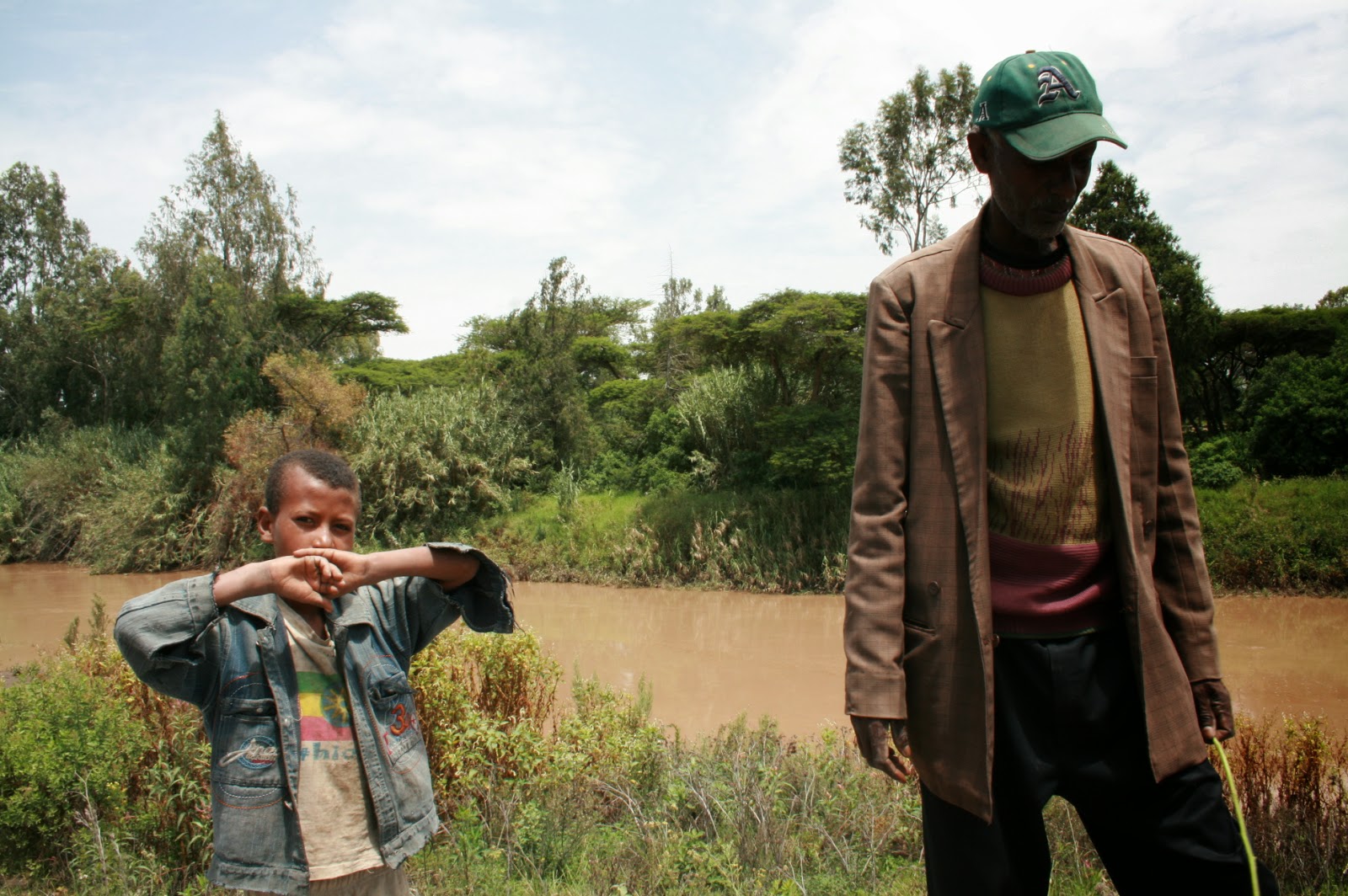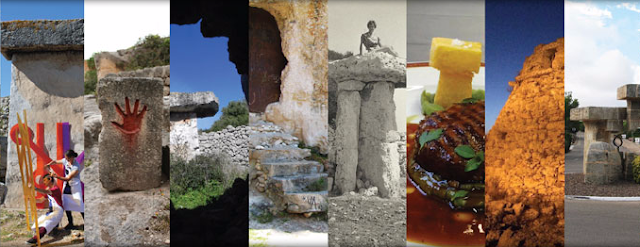Jaime's rant: January... Cooperation
 |
| Road to Melka Kunture (Ethiopia) |
This time I will start directly in Ethiopia. Sitting in the auditorium of the National Library in Addis Abeba. AECID (Spanish Cooperation Agency) invited me to participate in a workshop about management plans for cultural heritage. My odyssey with cooperation started that day. Odyssey because thanks to bureaucracy and certain people, we did almost nothing. Luckily, some people helped to successfully undertake projects... until your counterpart plays (or never does). Odyssey because problems arise continuously and cooperation looses its sense sometimes... While I was exchanging Spanish National Team line ups for the World Cup with Dire Dawa official at the auditorium, Oromia's one propose me to cooperate solving a pollution problem in Awash river affecting an archaeological site.
The story continues in his car, driving to Melka Kunture, a Paleolithic site one hour south of the capital. It was the dry season and it did not stink that much, but pollution could be seen in the river. The consequences of solving the problem would have been the same anyway, but the perspective can change the way we work with heritage. Solomon, my local colleague, looked south the river to the site and its possibilities as a cultural landscape for the World Heritage List. I decided to look north, to the people. Perspective changed completely and the problem was not for heritage but for people, heritage being a helpful resource to solve it. The problem came from a public liquor factory, and government was interested in the site, so everything seemed to have sense. The project was funded by AECID and my role was what I understood cooperation should be; assisting in the project so the counterpart actually completes it. I want to believe that even if the pollution problem did not completely disappear, something had changed in the management of the site. For me, that was cooperation.
Three years ago, Gustau Nerín published "Good white looks for poor black", a critique of current cooperation policies in Africa from his experience. It was mainly focused in West Africa, but it did not matter where I opened the book, I could find very familiar situations in it. Sometimes we understand cooperation as charity; giving someone something we are not completely sure they need. No shoes? Here you go! No food? I send it! No capacities? I teach you! (yeah! That's charity too if they don't ask for it). The basis of cooperation is helping someone do what they need, so they don't need you anymore. Keywords: "together" and "goal". If we do not do it together, but I do it, then it is not cooperation. If their goal is different to mine, it is not cooperation either. So, if I conduct a project, then I am not cooperating with you, and if we do it together but my goal is different (f.e. I want to restaure a building you don't care about), neither. Both factors need to happen, and it doe snot matter who pays, because funding is not cooperation, it is aid. Terms matter with this topic.
Why am I so fussy with this? Because one of the problems of cooperation in heritage, is that there is a lack of cooperation and most actions are unilateral projects or funding. But overall due to the lack of people and communities involved, even in the results. When applying for funding in cooperation, one of the questions is how many people will the project help. As if we could quantify the social impact of such interventions like building a well in a village. As if anyone wanted to quantify it... we do not even do it at home. We do not realize this, because people do not really care.
So, let's change the way we see things this month, and let's call things by their name. The key of cooperation is the joint work of both parts for a common end. It is not charity, it is not funding, it is not aid, and it is not doing what e think they need. Cooperating is a mean of collaboration, complementing what they have with what we have, so things can get done. Sometimes it is money, others technical capacity, technology or ideas, but always as equals.
Heritage is a very important cooperation tool we are not using. This blog has already shown some examples of social inequality and poverty around World Heritage Sites. If a country do not care about the good management (for the people) of a site, it does not matter how exceptional, valuable and universal it is... it does not deserve to be in the list. Our first duty is to make the country care.This is why cooperation should start before inscriptions (not done in the 70s, even today). But also, in many countries, we must also cooperate for development from World Heritage, and we already saw it in "wealth increaser" theme.But we must be clear that management without the community is a failure. So now, time to practice.
 |
| Crossing the river, the problems in the site multiply tenfold |



Comentarios
Publicar un comentario